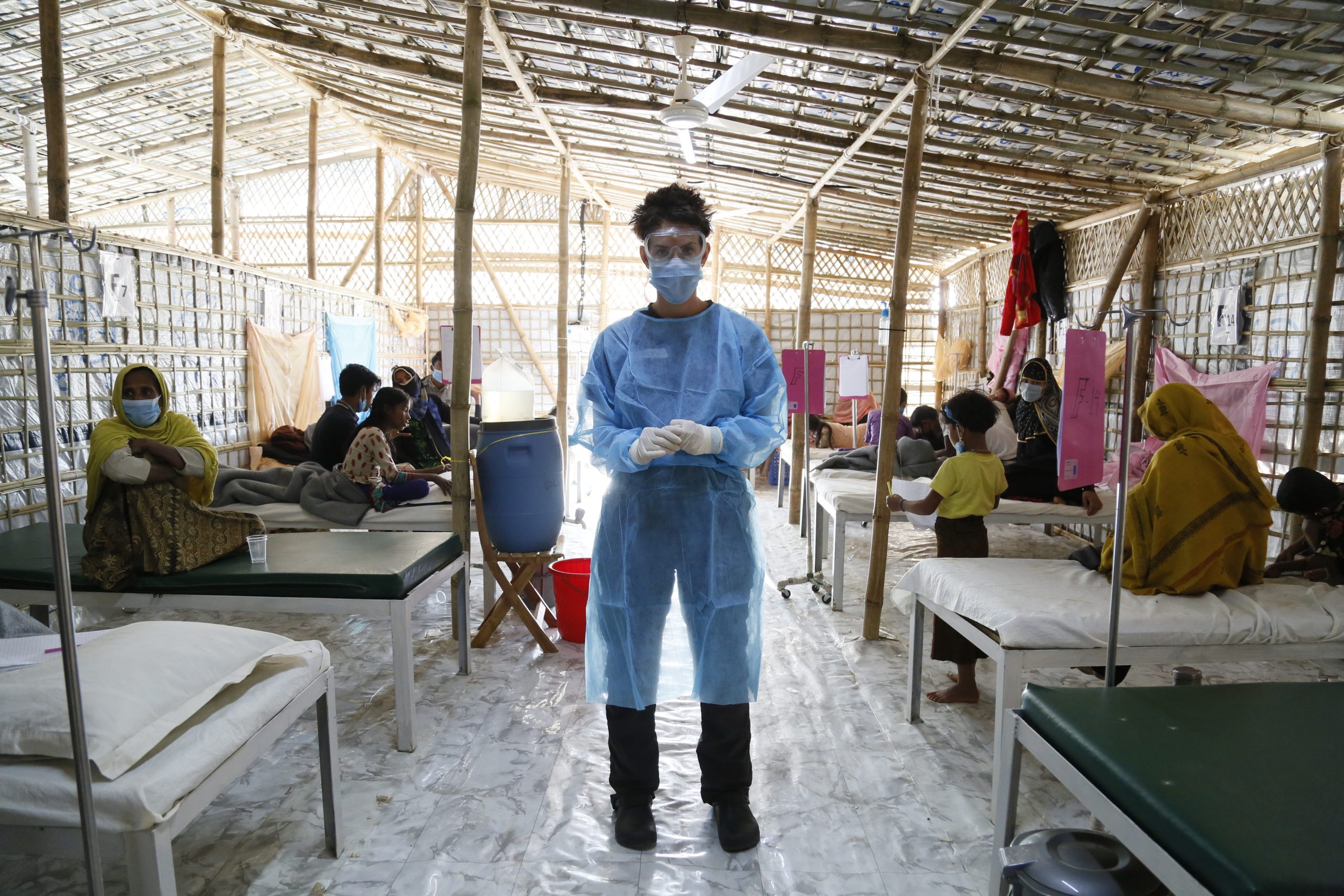
Picture: Russell Watkins/Department for International Development
Webinar: Health system resilience – framing, debates and latest evidence as we start to emerge from the COVID-19 pandemic
12 May 2022
This webinar has taken place but you can watch it here
This round-table discussion by some of the top thinkers in the field provided critical reflections on the concept and application of resilience in health systems research, including rethinking in light of COVID-19.
The session was chaired by Professor Sophie Witter, co-Research Director for ReBUILD for Resilience, and unpacked:
• How resilience as a term has been used in health policy and systems research
• How it has been critiqued
• What strengths and weaknesses for the concept were revealed during the COVID-19 pandemic
• How to apply it appropriately in the future with innovative methods.
Speakers
- Alastair Ager, Institute for Global Health and Development, Queen Margaret University, UK
- Rifat Atun, Harvard University, USA
- Edwine Barasa, KEMRI-Wellcome Trust Nairobi Programme, Kenya
- Karl Blanchet, Geneva Centre of Humanitarian Studies, Switzerland
- Mickey Chopra, World Bank
- Gina Teddy, Ghana Institute of Management and Public Administration
- Steve Thomas, Trinity College Dublin, Ireland
- Stephanie Topp, James Cook University, Australia
Background to the session
The conceptualisation of and reflections on resilience as applied to health system thinking have built up momentum in the past decade. However, the concept has not been uncontroversial: resilience has been critiqued for its lack of clear definition, the challenges measuring it, and the lack of clear strategies to support resilience capacities. More profoundly, it has faced criticism for shifting responsibility for coping with shocks and crises onto often relatively powerless agents in the health system, for potentially normalising sub-optimal or maladaptive coping strategies and overlooking important power dynamics that underpin patterns of behaviour in health systems.
Yet the use of resilience as a concept continues as it indicates an important quality for complex adaptive systems facing shocks and chronic stressors. During the COVID-19 pandemic, its relevance has increased just as metrics for assessing it have come into question more than ever. It is therefore a priority to bring together the latest thinking on how resilience should be framed and applied to strengthen health systems as the world emerges from the pandemic, and this is the purpose of this session.
This webinar was co-hosted by ReBUILD for Resilience and the Geneva Centre of Humanitarian Studies, SYSTAC and Swiss TPH [all open new tabs]
This webinar has taken place but you can watch it here
Image: UK Emergency Medical Team paediatric nurse in a specially-constructed diphtheria clinic in the Kutapalong refugee camp, Bangladesh. Russell Watkins/Department for International Development via Flickr. Attribution 2.0 Generic (CC BY 2.0) [Opens new tab]